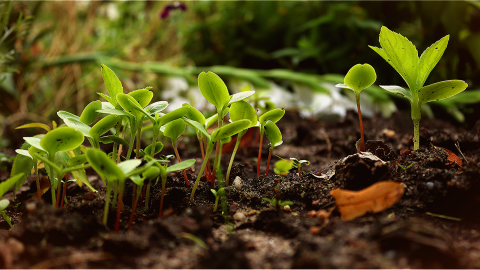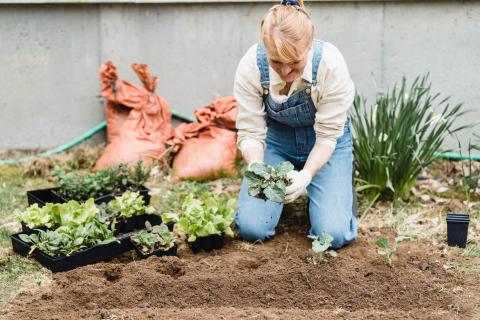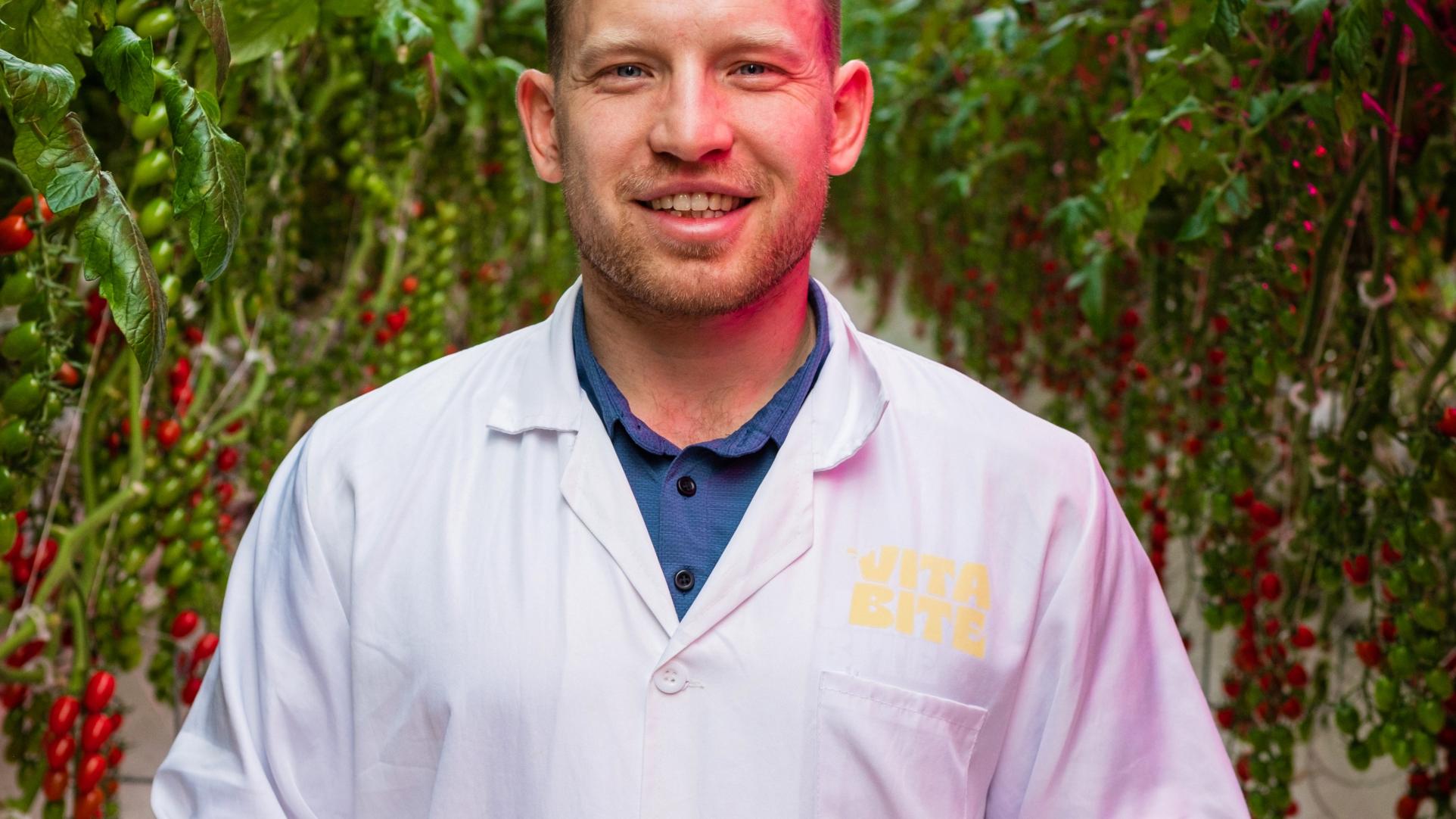Every day, we face the king’s banquet table, inviting us to indulge! For example, it used to be that one could get gas at a gas station. That’s it! “Just fill’er up!” Now, we are faced with the decision of Daniel daily. The barrage of junk food, caffeinated drinks in all concentrations, alcohol and tobacco is laid out before us at every turn. Regardless of our economic status, we have choices as never before.
Sadly, the poor, who can’t afford to be sick, may have less healthy choices available. “Food deserts,” places that lack availability to fresh, wholesome fruits and vegetables, dot the landscape. The chronic disease burden of these communities is staggering. But that doesn’t have to be the case amongst us!
We should cultivate the land! “When right methods of cultivation are adopted, there will be far less poverty than now exists. We intend to give the people practical lessons upon the improvement of the land, and thus induce them to cultivate their land, now lying idle. If we accomplish this, we shall have done good missionary work.”1
We should begin with inspiring kitchen gardens for all. Being outside, breathing fresh air in the sunshine, while using muscles the winter months made us forget we had; it doesn’t get better than that. Trust in God grows with every seed that becomes a bearing plant.

The plant-based diet we should aspire to is best achieved from food we cultivate. Simple methods of both preparation and preservation can yield a year-round rainbow of naturally, nutrient-dense foods. Yet, many of us are intimidated by the prospect. Here are a few tips to get started.
5 Simple Rules
- Start small: Decide just a few staple crops you want home-grown.
- On time: Prepare the vegetable beds before planting time.
- No wastage: All plant matter is used for compost or mulch.
- On standard: Spacing must be precise for best growth.
- With Joy: We were made by God to farm. Rejoice in the work.
4 Crop Types to Rotate
- Leaves: Kale, cabbage, Brussels sprouts, basil.
- Legumes: Peas, beans, soy.
- Fruits: Tomatoes, peppers, eggplants.
- Roots: Carrots, beets, parsnips.
Transplant or Direct Seed:
In general, transplant seedlings of the Leaves and Fruits.
Directly plant the seeds of Legumes and Roots.
Seed/Seedling Care:
- Germinating seeds and seedlings should be kept moist.
- Water thoroughly after planting either.
- Mulch around transplants (not touching).
- Water every day for 3 days.
- Water 2 times per week after.
Call to Action
Now is the time to get started. Like Daniel, purpose in your heart that you won’t defile yourself with the king’s fare. Rather delight yourself in the King’s classroom, the garden! Let its food be both thy medicine and thy ministry as you share of its abundant life.
“Still other seeds fell on fertile soil, and they produced a crop that was thirty, sixty, and even a hundred times as much as had been planted” (Matthew 13:8 NLT)!

- Ellen G. White, Letters and Manuscripts (Ellen G. White Estate, 1895), vol. 10, Lt 42.




